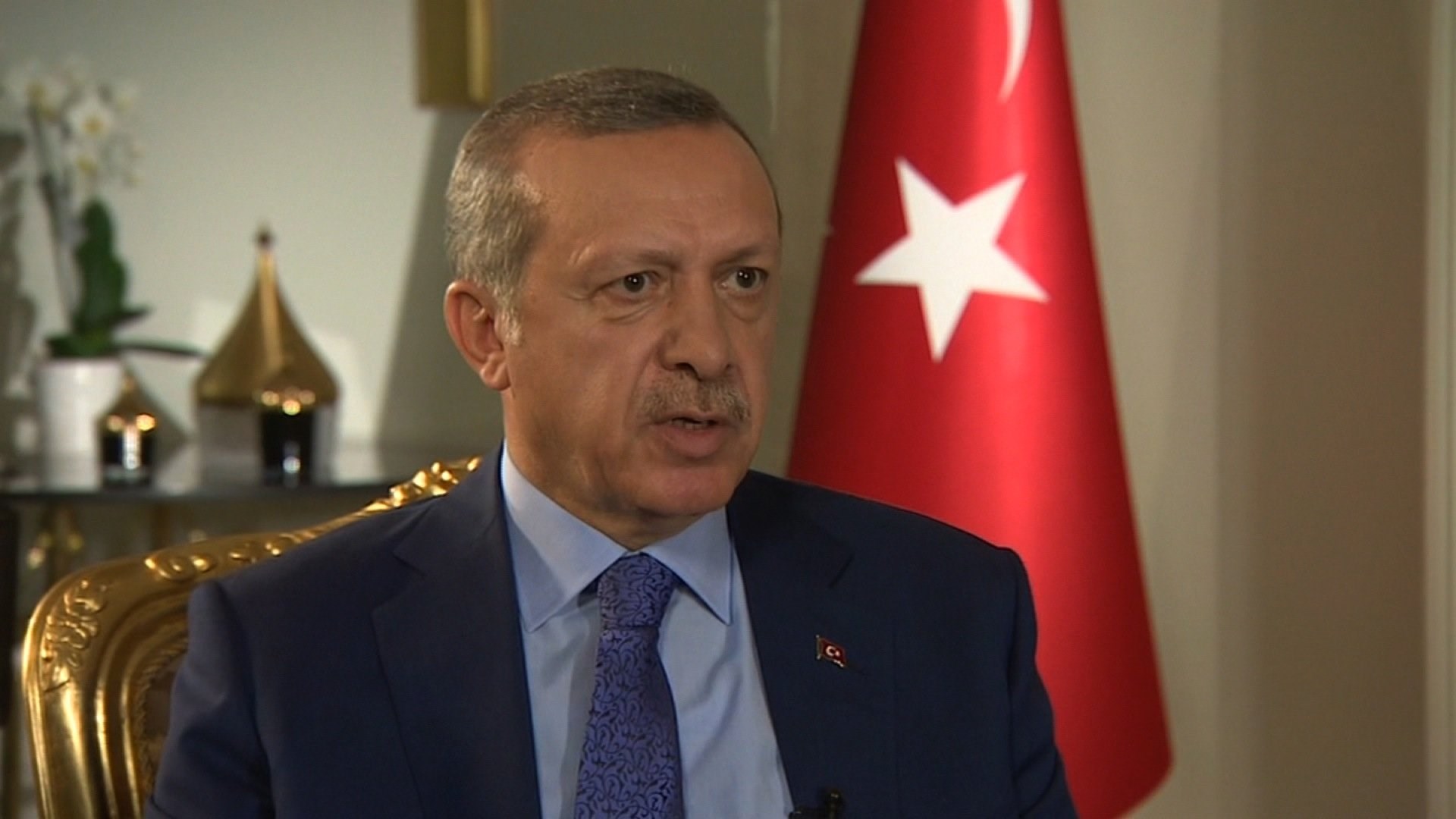Erdogan Says Turkish Officials to Deliver Coup Evidence to U.S.

EghtesadOnline: President Barack Obama told Turkish President Recep Tayyip Erdogan the U.S. would continue its investigation into July’s attempted coup, as Ankara vowed to provide evidence to support a claim the violence was planned by Fethullah Gulen, a 75-year-old preacher living in exile in Pennsylvania.
Erdogan said Turkey’s interior and justice ministers would travel to the U.S. to elaborate on their evidence in a bid to strengthen a bid to extradite Gulen. The meeting on the sidelines of the G-20 summit in Hangzhou, China, was the first between Obama and Erdogan since the Turkish leader survived the attempted coup, according to Bloomberg.
Obama said he was inspired by the Turkish people’s response to the coup.
“By taking to the streets to resist the coup attempt, the people of Turkey reaffirmed their commitment to democracy,” he said.
The pair had a lot to discuss, given Turkey’s strategic importance to the U.S. as the location of an air base from which the U.S. conducts strikes against Islamic State targets in Iraq and Syria. Under Erdogan, Turkey is increasingly distancing itself from the U.S.
‘Not There’
Obama said he and Erdogan agreed to continue the pursuit of a peaceful transition in Syria. Negotiators from the U.S. and Russia are meeting in Hangzhou on a potential agreement to assure humanitarian relief within the war-torn country, though Obama said earlier Sunday that the two sides were "not there yet."
Erdogan said NATO allies needed to "embrace a common attitude" and not draw distinctions among terrorists, a nod to Turkish anger over U.S. support for Kurdish fighters operating inside Syria.
"Our hope is never to see a belt of terrorism, a corridor of terrorism, emerging around our region," Erdogan said.
Obama also thanked Erdogan for Turkey’s "exceptional humanitarian support" for refugees. "This is not an issue where Turkey should be carrying the burden alone.”
Jailing Journalists
When Obama took office in 2009, ties were in a bright spot. In a keynote speech in Ankara that year, Obama called it a “model partnership.” But things deteriorated as Erdogan consolidated power, jailing journalists and others he perceives as adversaries. On Friday, Turkish authorities fired 76 judges as part of an ongoing government purge.
“We see a very fundamentally changed relationship between the United States and Turkey,” said Heather Conley, director of the Europe Program at the Center for Strategic and International Studies, characterizing it as “rapidly deteriorating” and “near a breaking point.”
Last week ties came under fresh strain when Turkish forces attacked U.S.-supported Kurdish fighters in the Syrian city of Jarabulus.
Obama, as Vice President Joe Biden did when he visited Turkey last month, has a fine line to walk between delivering a strong message aimed at curbing Erdogan’s moves and making nice with a NATO ally of strategic importance.
“Obama is still much more respected in Ankara” than other senior U.S. officials, said Merve Tahiroglu, a research associate focusing on Turkey at the Foundation for Defense of Democracies.
If Obama is “very clear, very direct and can send the message in the right way, the right tone, he could get Erdogan to understand the U.S. position in Syria,” she told reporters before the meeting. “I do think Obama has a chance to get through to Erdogan.”


